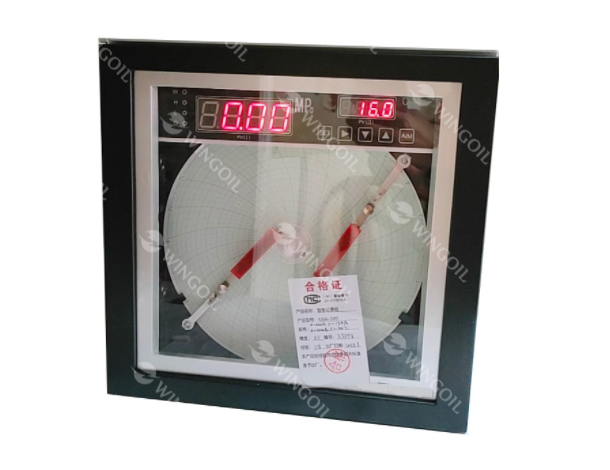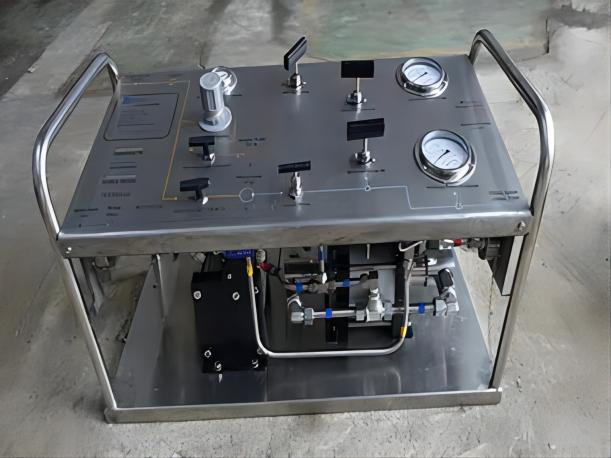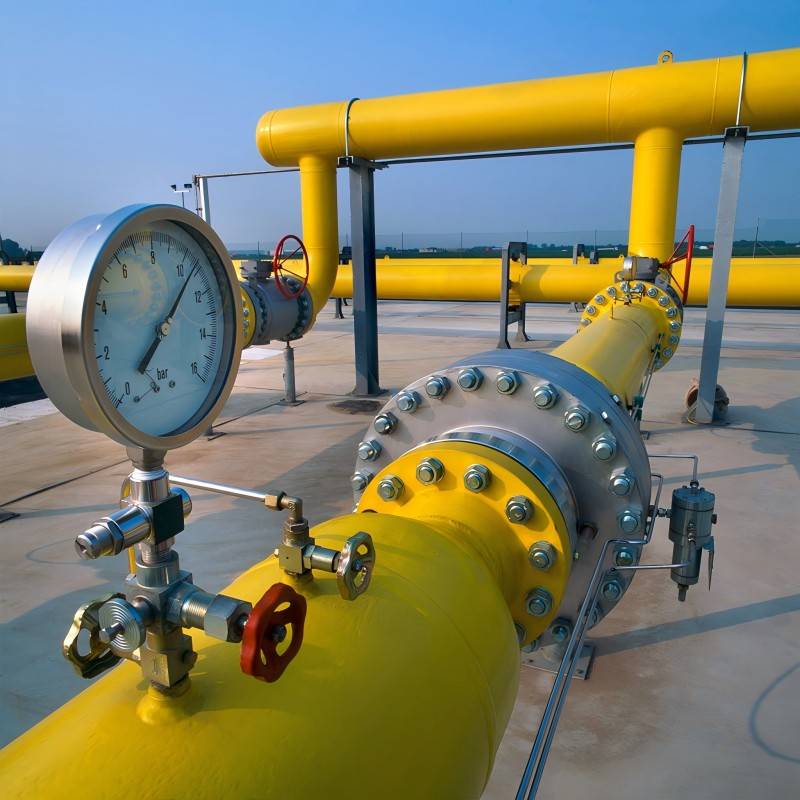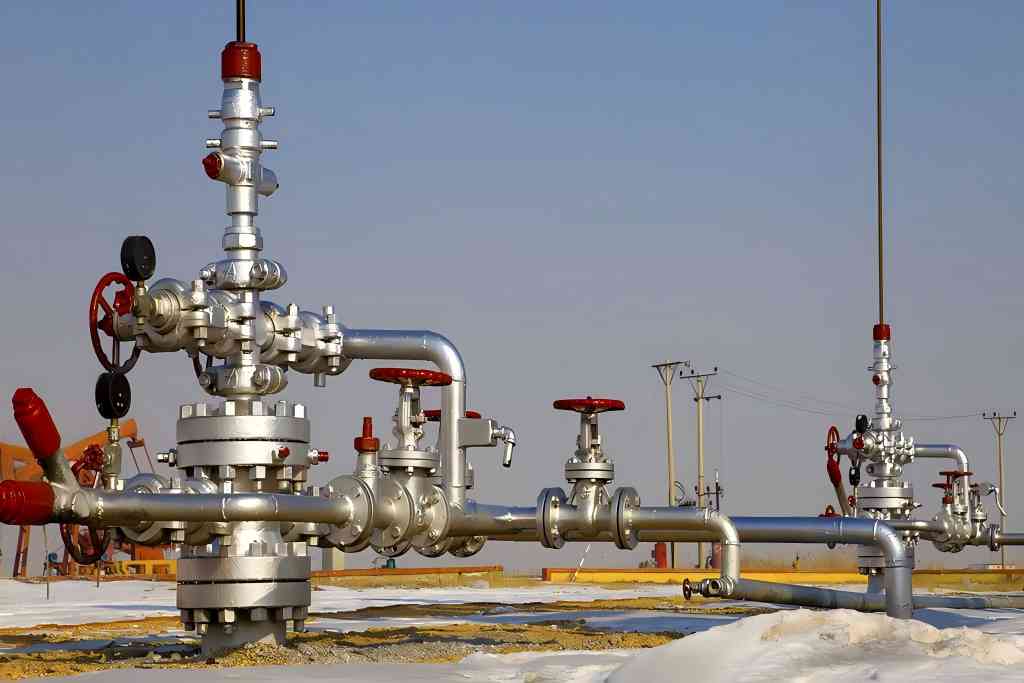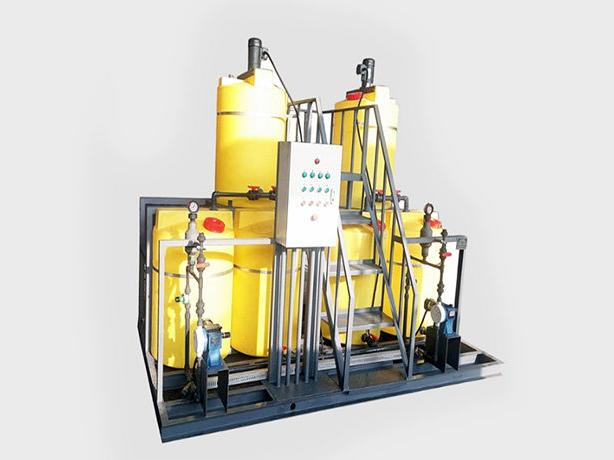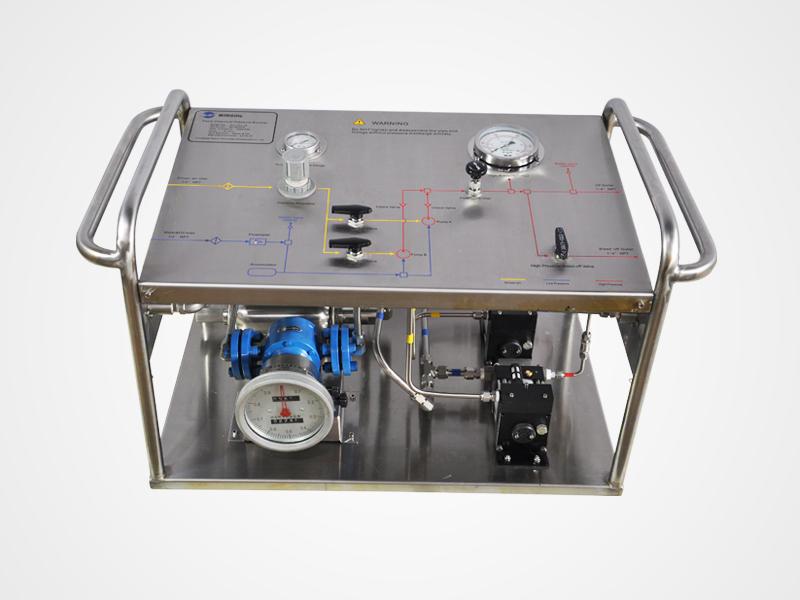Applications of Chemical Metering Pumps in the Oil and Gas Industry
Chemical metering pumps are used in a wide variety of applications in the oil and gas industry. They are used to inject chemicals into pipelines, wells, and other equipment to protect them from corrosion, scale, and other problems. Chemical metering pumps can also be used to improve the production of oil and gas.
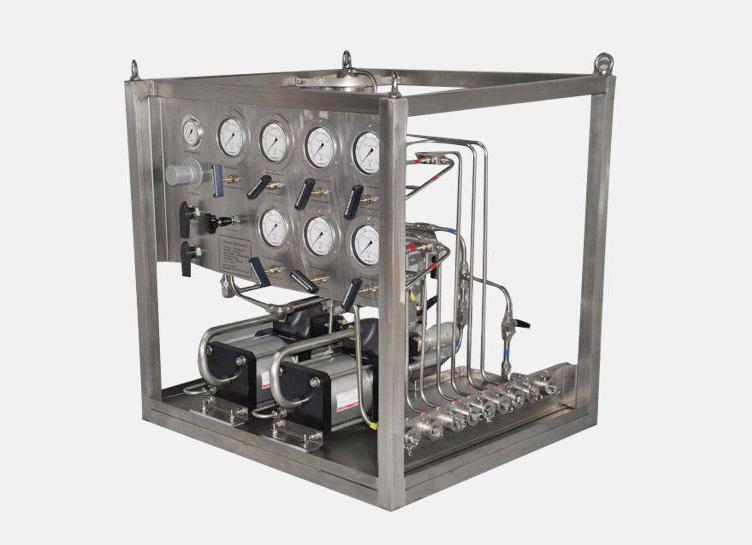
How Chemical Metering Pumps Work?
Chemical metering pumps work by using a variety of mechanisms to inject a precise amount of liquid into a process stream. Some common types of chemical metering pumps include:
- Plunger pumps: Plunger pumps use a piston to displace the liquid being pumped. Plunger pumps are capable of handling high pressures and flow rates.
- Diaphragm pumps: Diaphragm pumps use a flexible diaphragm to displace the liquid being pumped. Diaphragm pumps are gentle on the liquid being pumped and are well-suited for handling corrosive and abrasive fluids.
- Peristaltic pumps: Peristaltic pumps use a rotating roller to compress a flexible tube, which displaces the liquid being pumped. Peristaltic pumps are also gentle on the liquid being pumped and are well-suited for handling a variety of fluids.
Types of Chemical Metering Pumps
Chemical metering pumps can be classified into several different types based on their design and features. Some common types of chemical metering pumps include:
- Positive displacement pumps: Positive displacement pumps use a variety of mechanisms to displace a precise amount of liquid into a process stream. Plunger pumps, diaphragm pumps, and peristaltic pumps are all examples of positive displacement pumps.
- Centrifugal pumps: Centrifugal pumps use a rotating impeller to generate centrifugal force, which displaces the liquid being pumped. Centrifugal pumps are not typically used for chemical metering applications because they are not as precise as positive displacement pumps.
- Metering pumps: Metering pumps are a specific type of positive displacement pump that is designed to deliver a precise amount of liquid into a process stream. Metering pumps are available in a variety of sizes and configurations to meet the needs of a wide range of applications.
Benefits of Using Chemical Metering Pumps in the Oil and Gas Industry
There are several benefits to using chemical metering pumps in the oil and gas industry. Some of the key benefits include:
- Accuracy: Chemical metering pumps are designed to deliver a precise amount of liquid into a process stream. This is essential for many oil and gas applications, such as corrosion inhibition and scale prevention.
- Reliability: Chemical metering pumps are typically very reliable and require minimal maintenance. This is important for oil and gas operations, which often run 24/7.
- Versatility: Chemical metering pumps can be used to pump a wide variety of fluids, including chemicals, water, and oil. This makes them versatile tools that can be used in a variety of oil and gas applications.
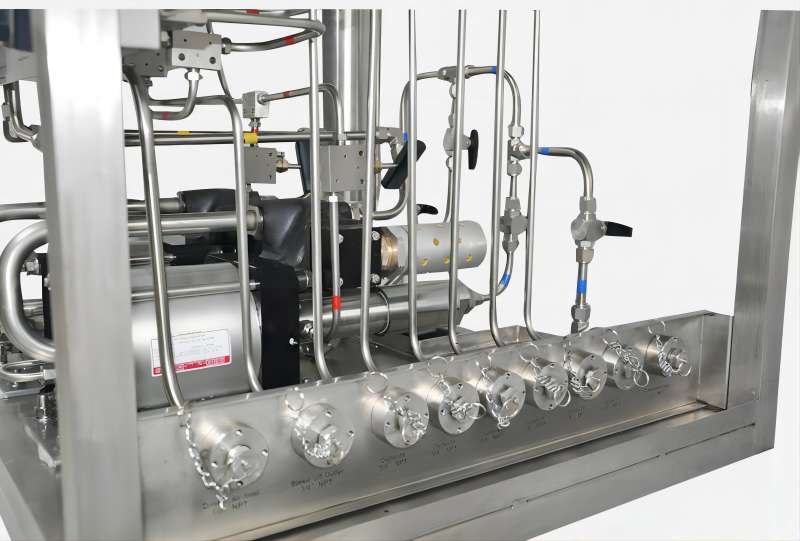
Applications of Chemical Metering Pumps in the Oil and Gas Industry
Chemical metering pumps are used in a wide variety of applications in the oil and gas industry. Some of the most common applications include:
- Corrosion inhibition: Chemical metering pumps are used to inject corrosion inhibitors into pipelines, wells, and other equipment to protect them from corrosion. Corrosion is a major problem in the oil and gas industry, and chemical metering pumps play an important role in preventing it.
- Scale prevention: Chemical metering pumps are used to inject scale inhibitors into pipelines, wells, and other equipment to prevent the formation of scale. Scale is a buildup of minerals and other solids that can reduce flow and damage equipment. Chemical metering pumps can help to prevent scale formation and protect oil and gas infrastructure.
- Water treatment: Chemical metering pumps are used to inject chemicals into water streams to remove impurities and make the water suitable for use in oil and gas production. Water is used in a variety of oil and gas operations, such as drilling, fracturing, and enhanced oil recovery. Chemical metering pumps can help to ensure that the water used in these operations is clean and free of impurities.
- Production enhancement: Chemical metering pumps can be used to inject chemicals into oil and gas wells to improve production rates. For example, chemical metering pumps can be used to inject polymers to improve the flow of oil through the wellbore. Chemical metering pumps can also be used to inject surfactants to reduce the surface tension of oil, making it easier to produce.
Other Applications
In addition to the applications listed above, chemical metering pump systems are also used in a variety of other applications in the oil and gas industry, including:
- Flow assurance: Chemical metering pumps can be used to inject chemicals into pipelines to prevent the formation of hydrates and other solids that can reduce flow.
- Demulsification: Chemical metering pumps can be used to inject demulsifiers into oil and water mixtures to help separate the oil from the water.
- Antifoaming: Chemical metering pumps can be used to inject antifoaming agents into oil and gas production fluids to prevent the formation of foam. Foam can cause problems with flow and equipment, so it is important to control it.
- Bacteria control: Chemical metering pumps can be used to inject biocides into oil and gas production fluids to control the growth of bacteria. Bacteria can cause a variety of problems, such as corrosion, fouling, and souring. Chemical metering pumps can help to control bacteria and protect oil and gas infrastructure.
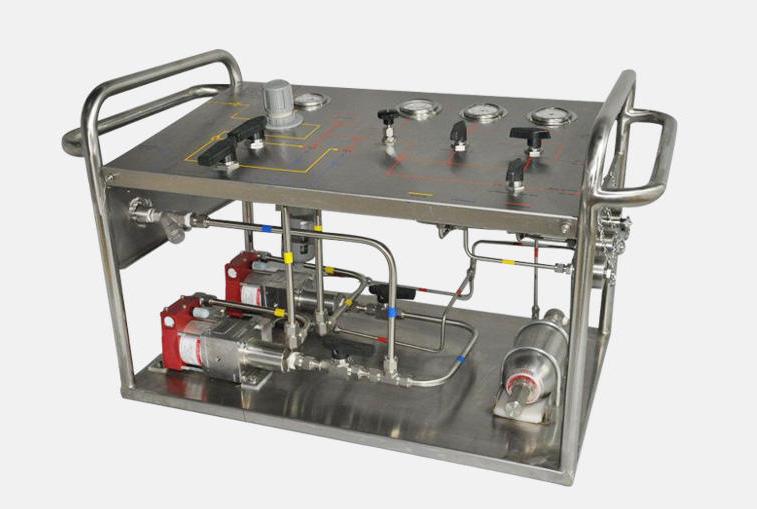
Conclusion
Chemical metering pumps are essential tools for a wide variety of applications in the oil and gas industry. They are used to inject chemicals into pipelines, wells, and other equipment to protect them from corrosion, scale, and other problems. Chemical metering pumps can also be used to improve the production of oil and gas.
When selecting a chemical metering pump for a particular application, it is important to consider the type of fluid being pumped, the flow rate and pressure requirements, and the operating environment. It is also important to choose a pump that is made from materials that are compatible with the fluids being pumped.

